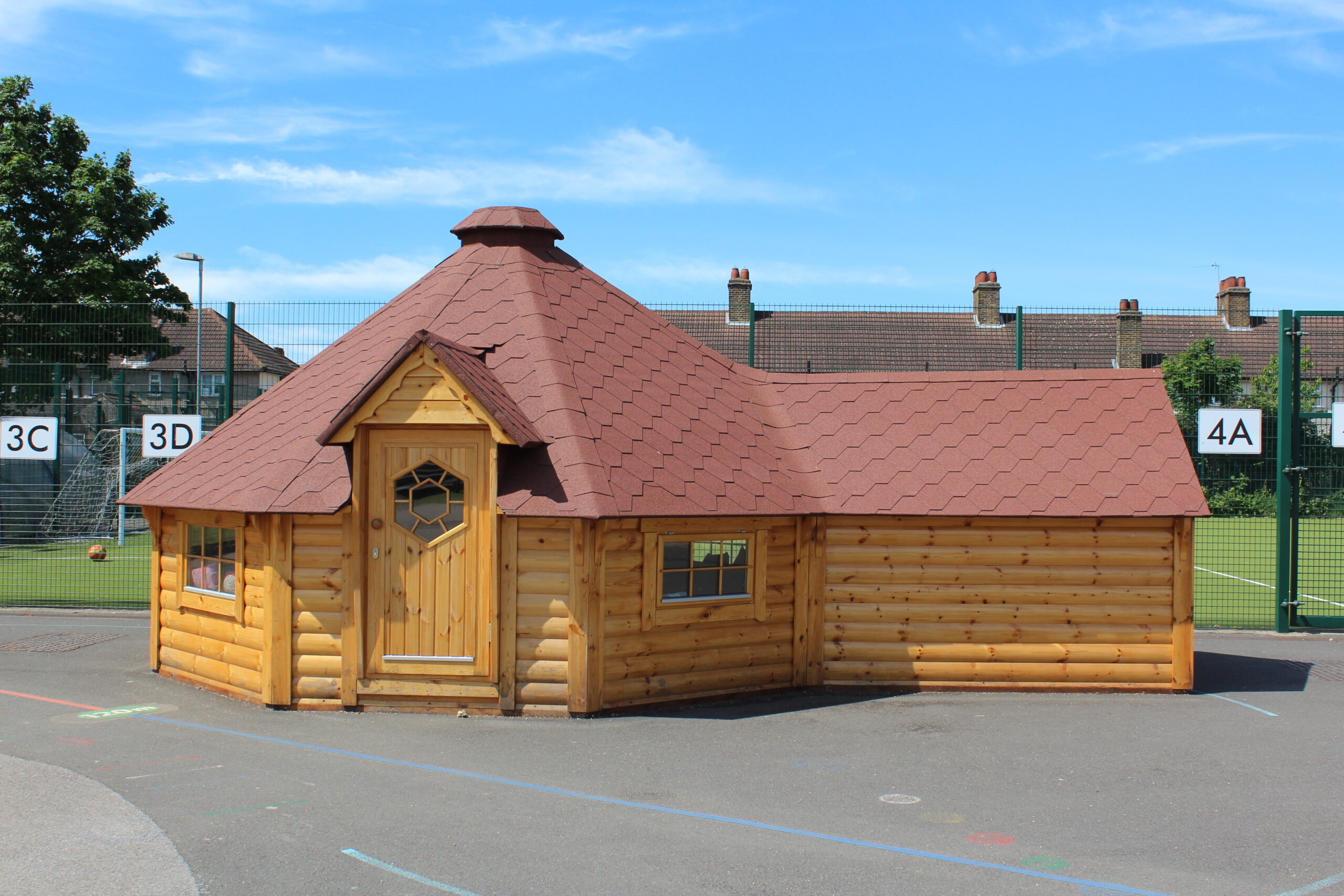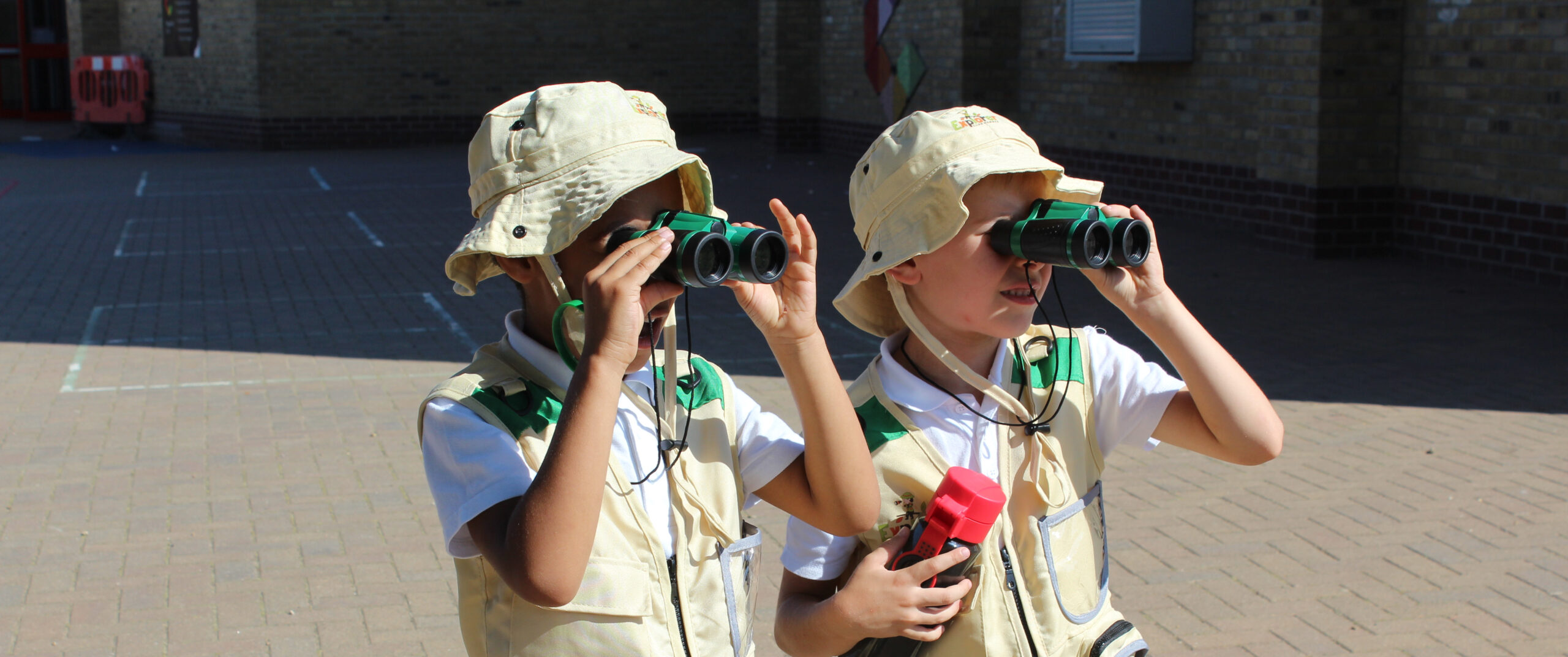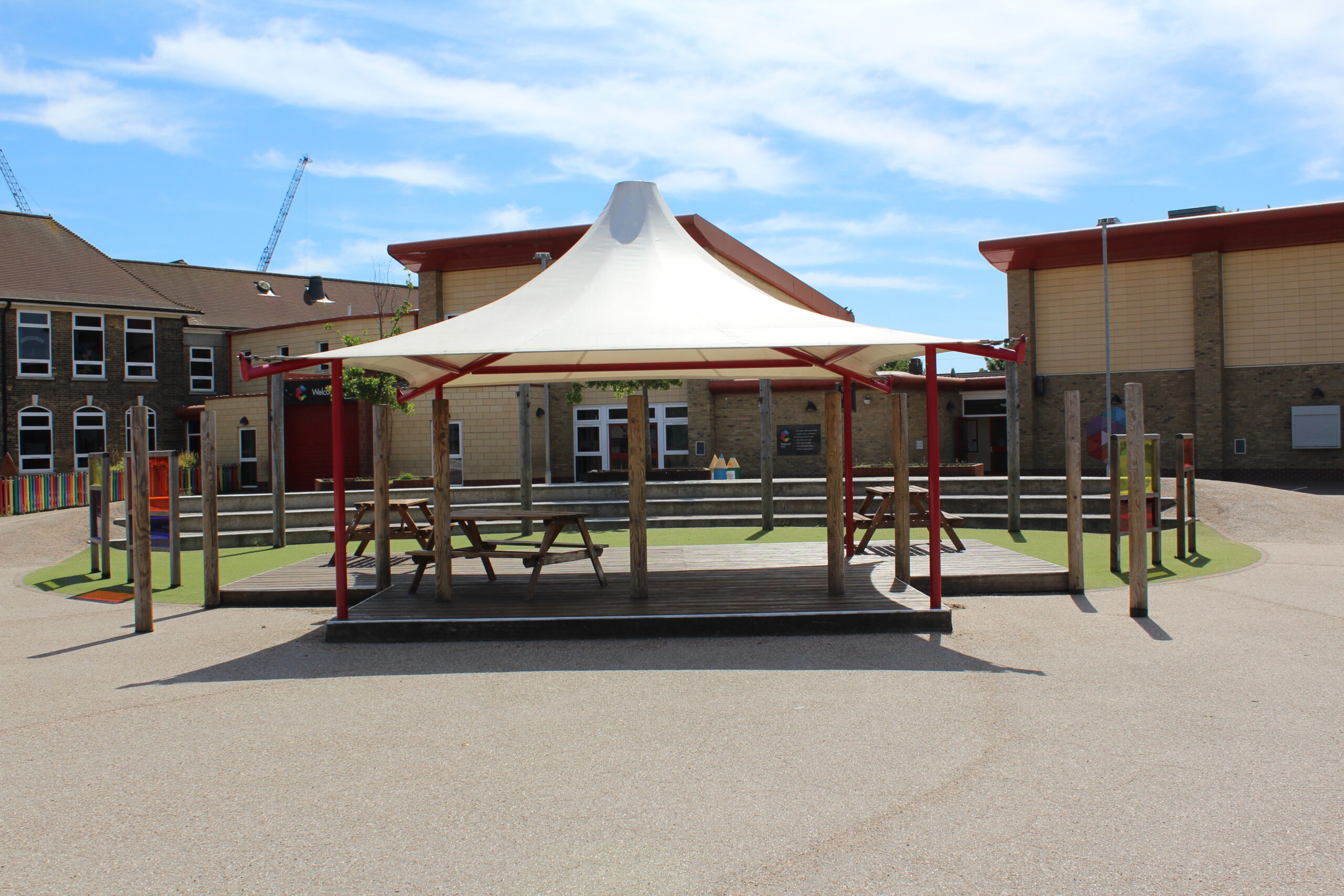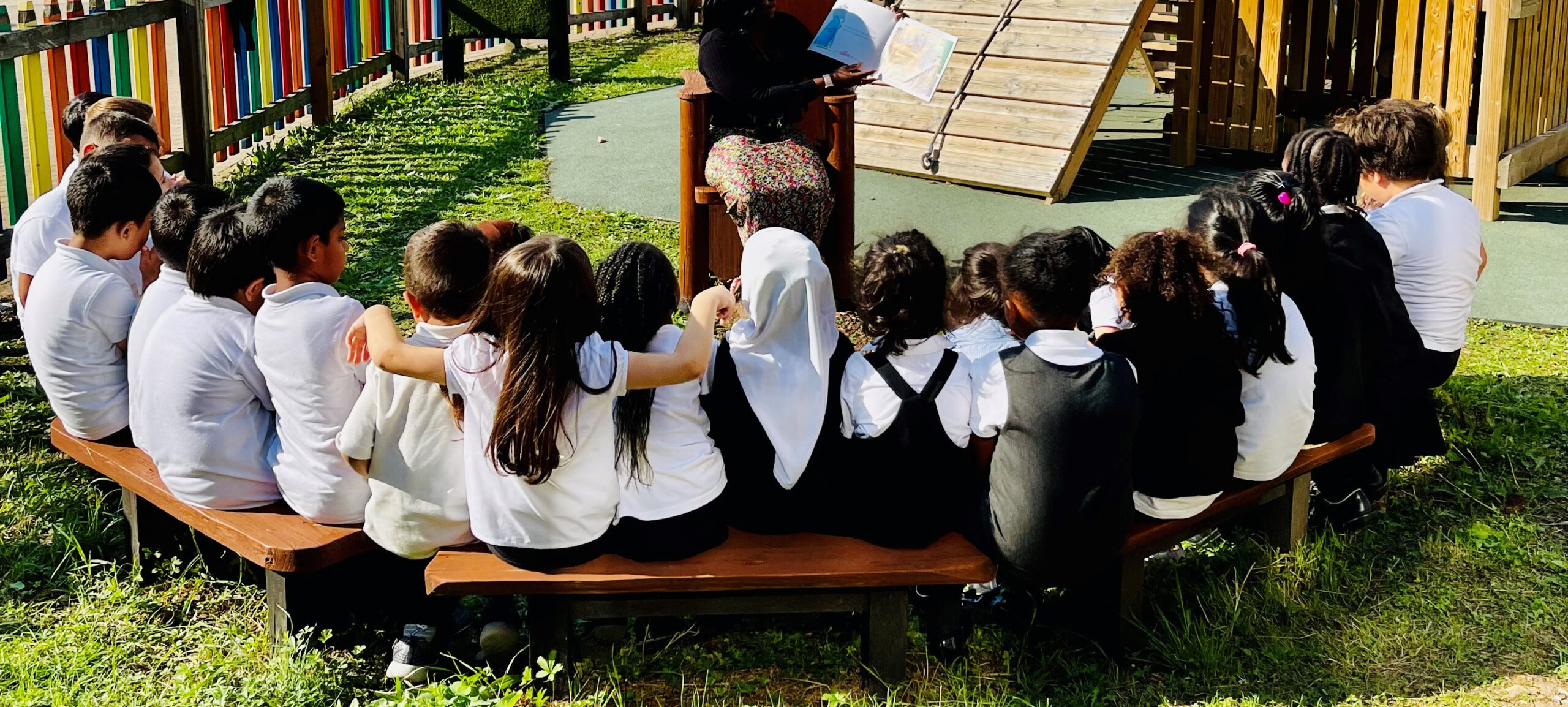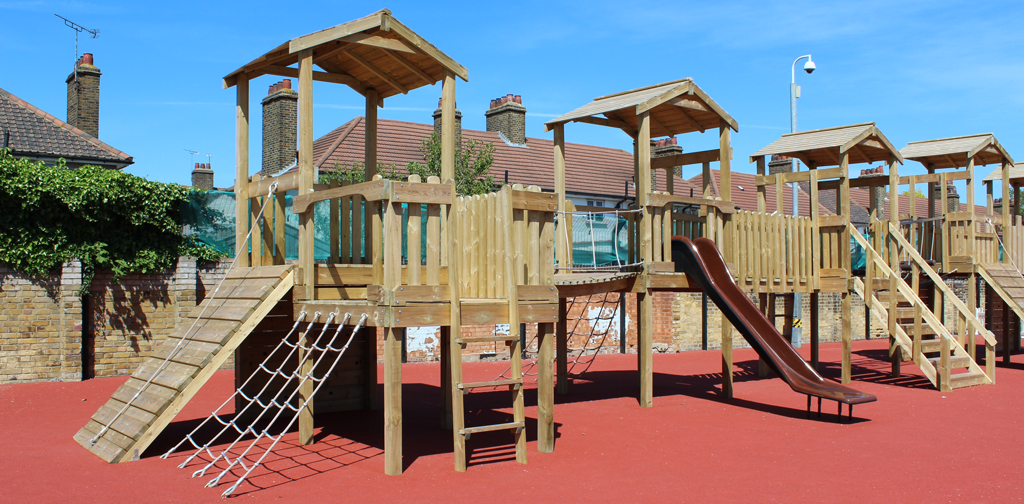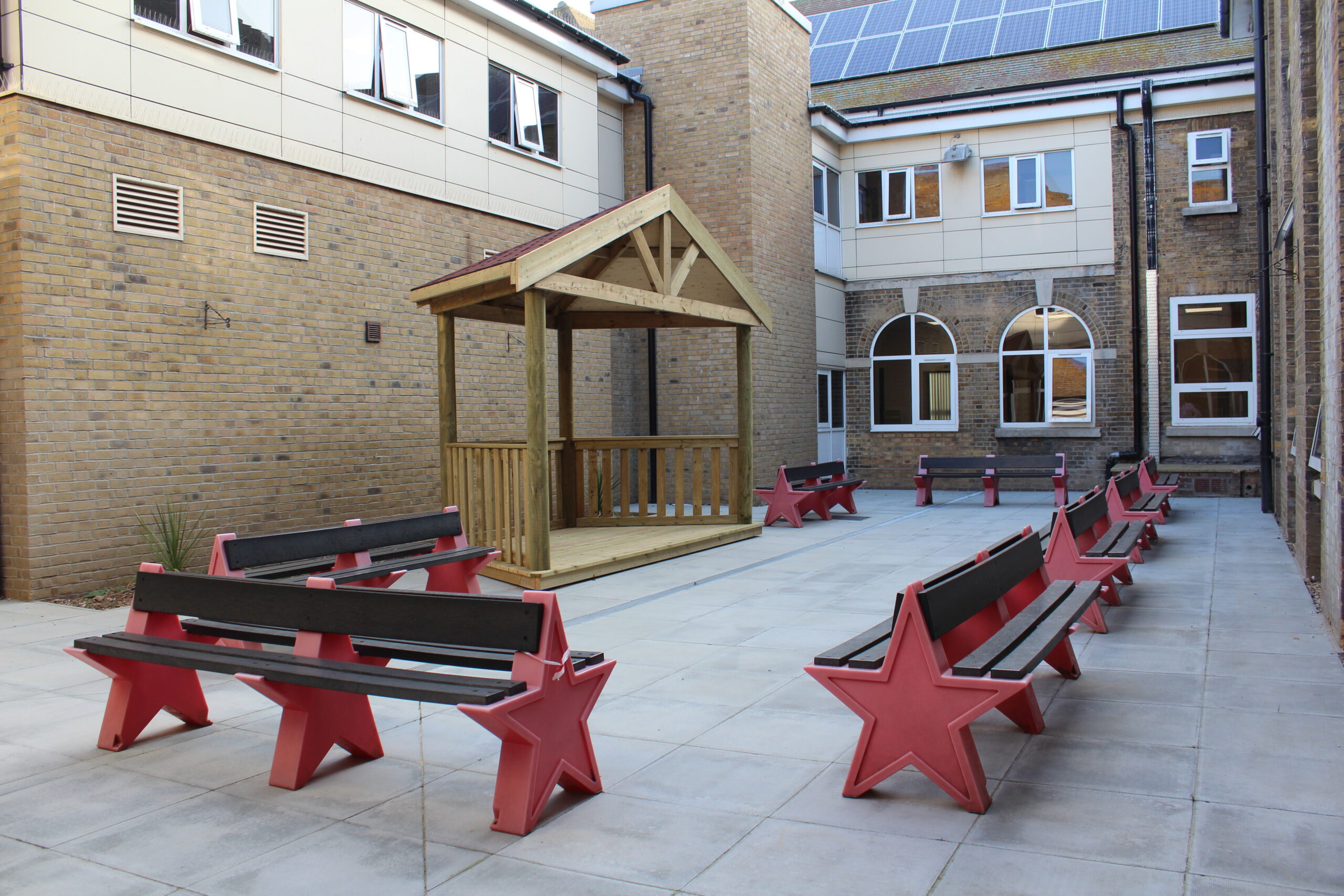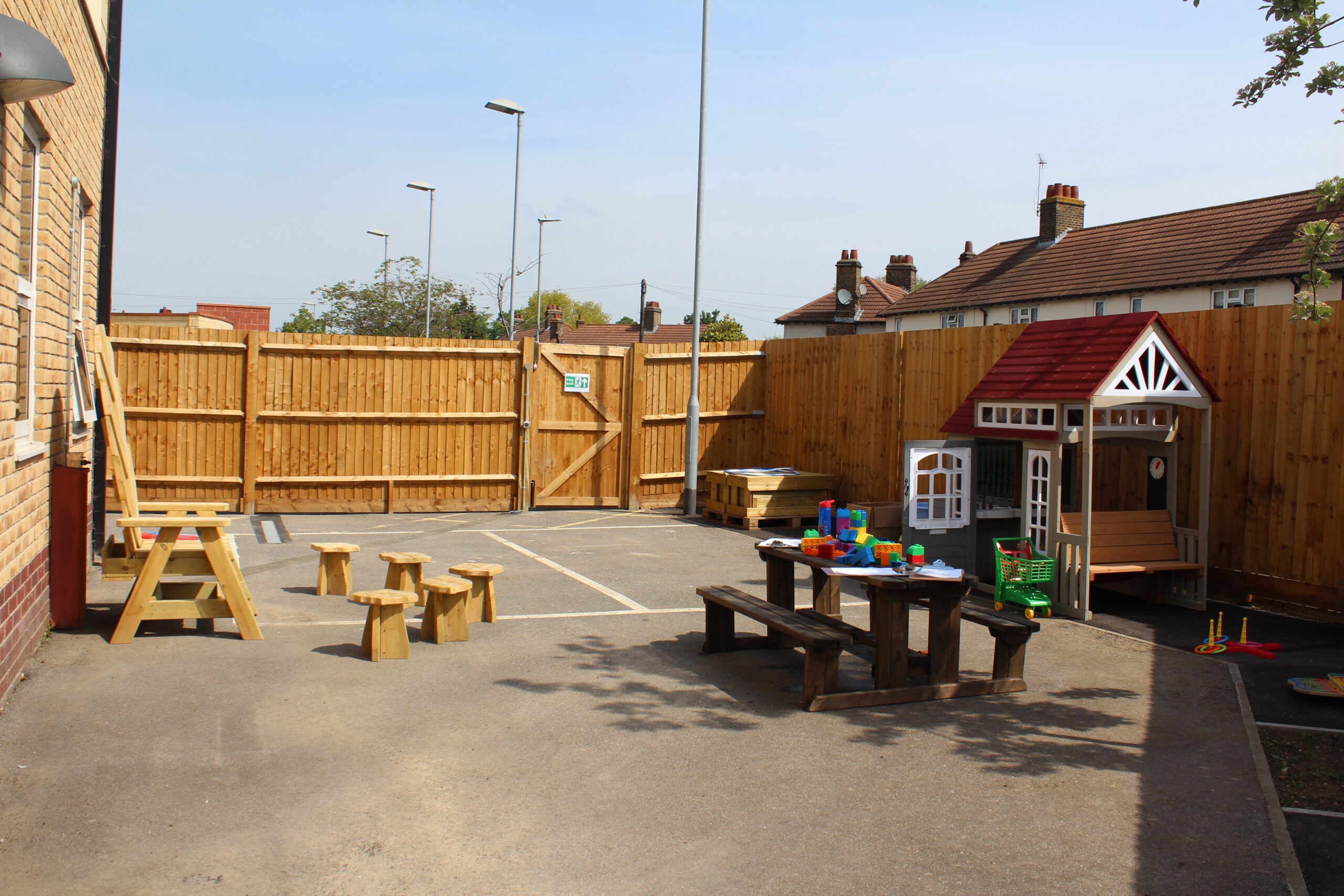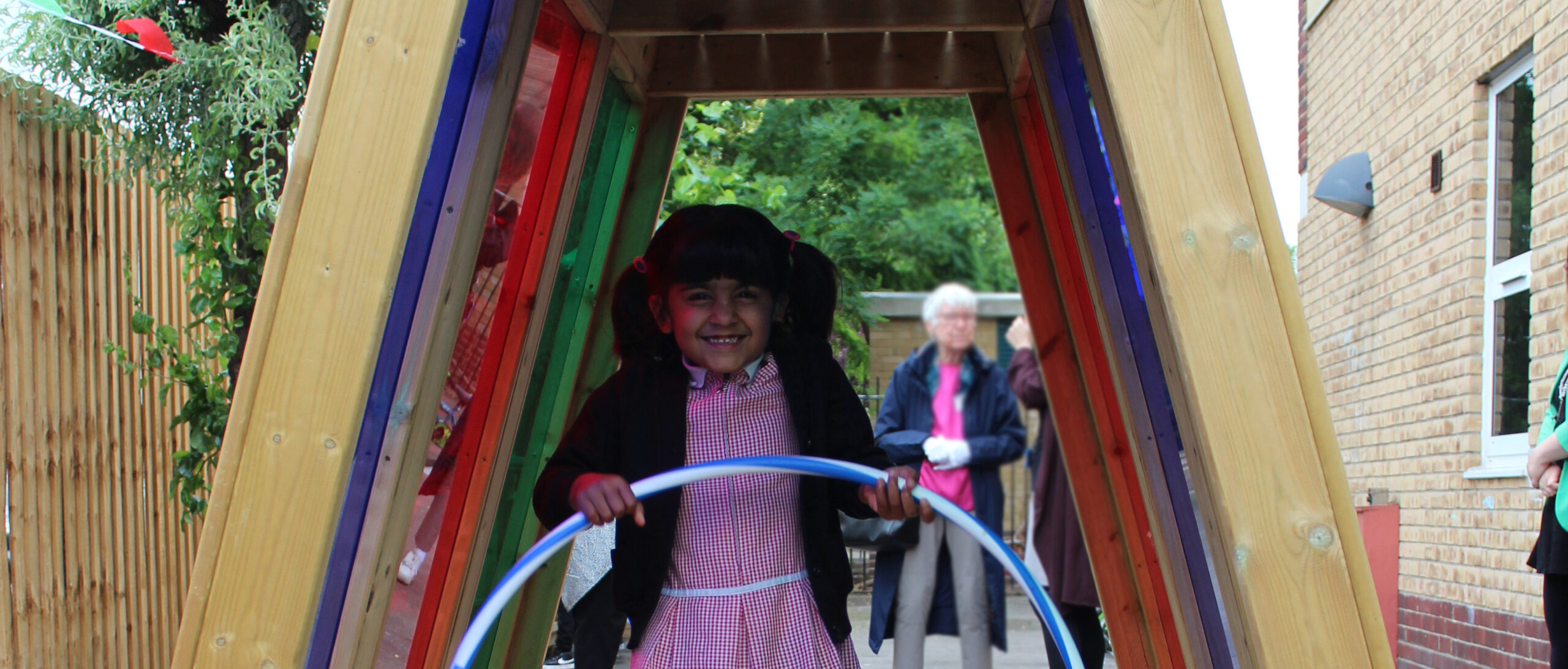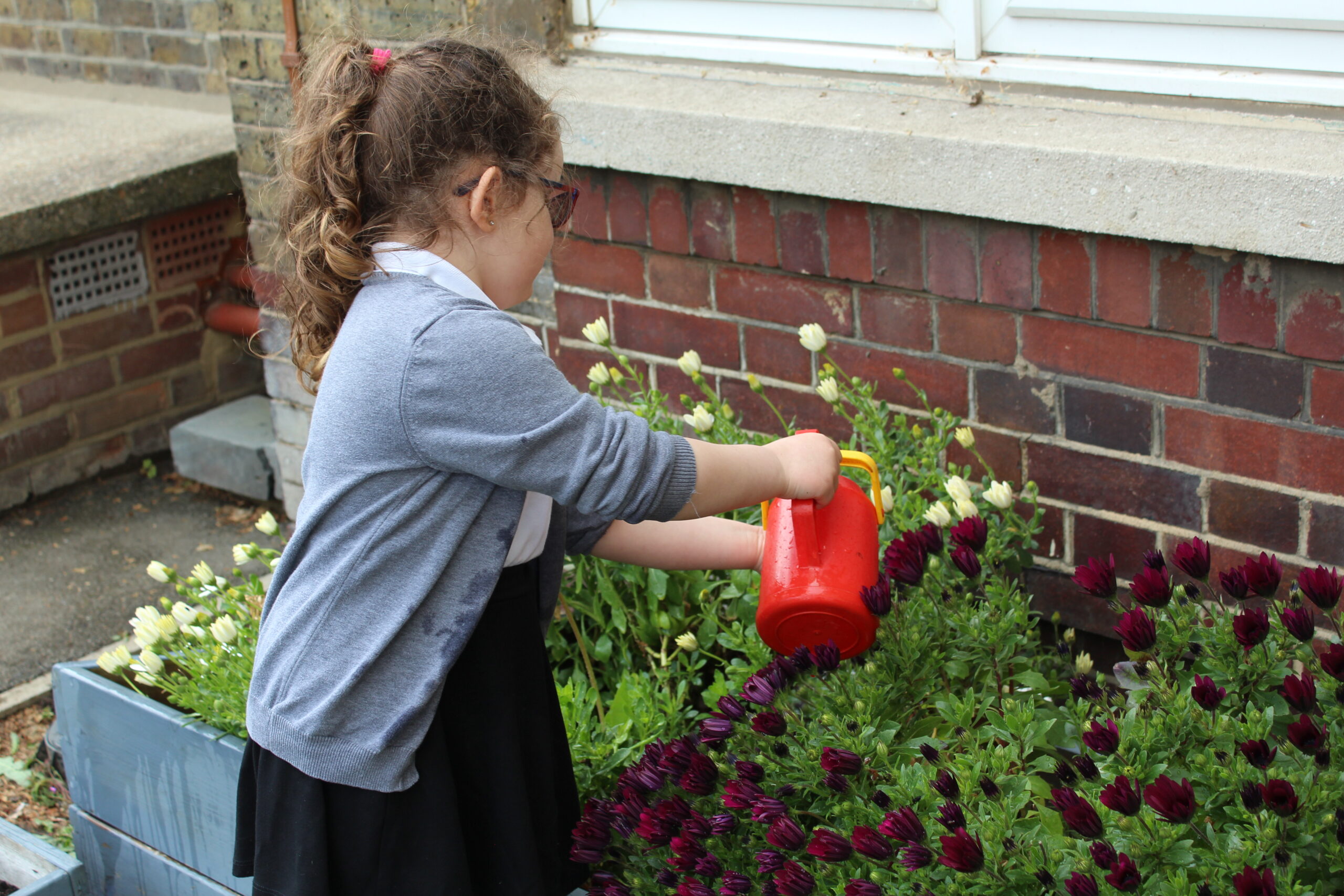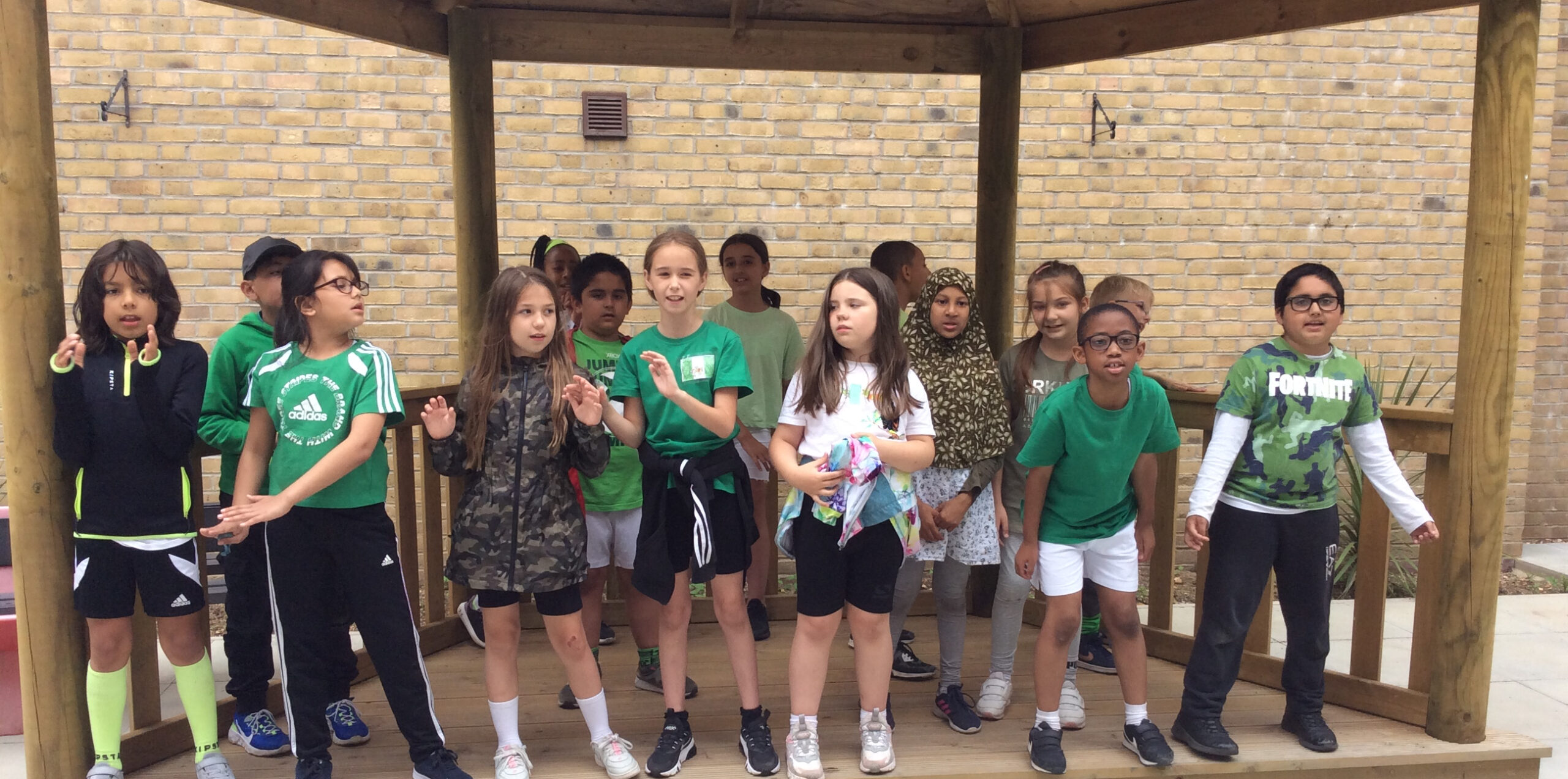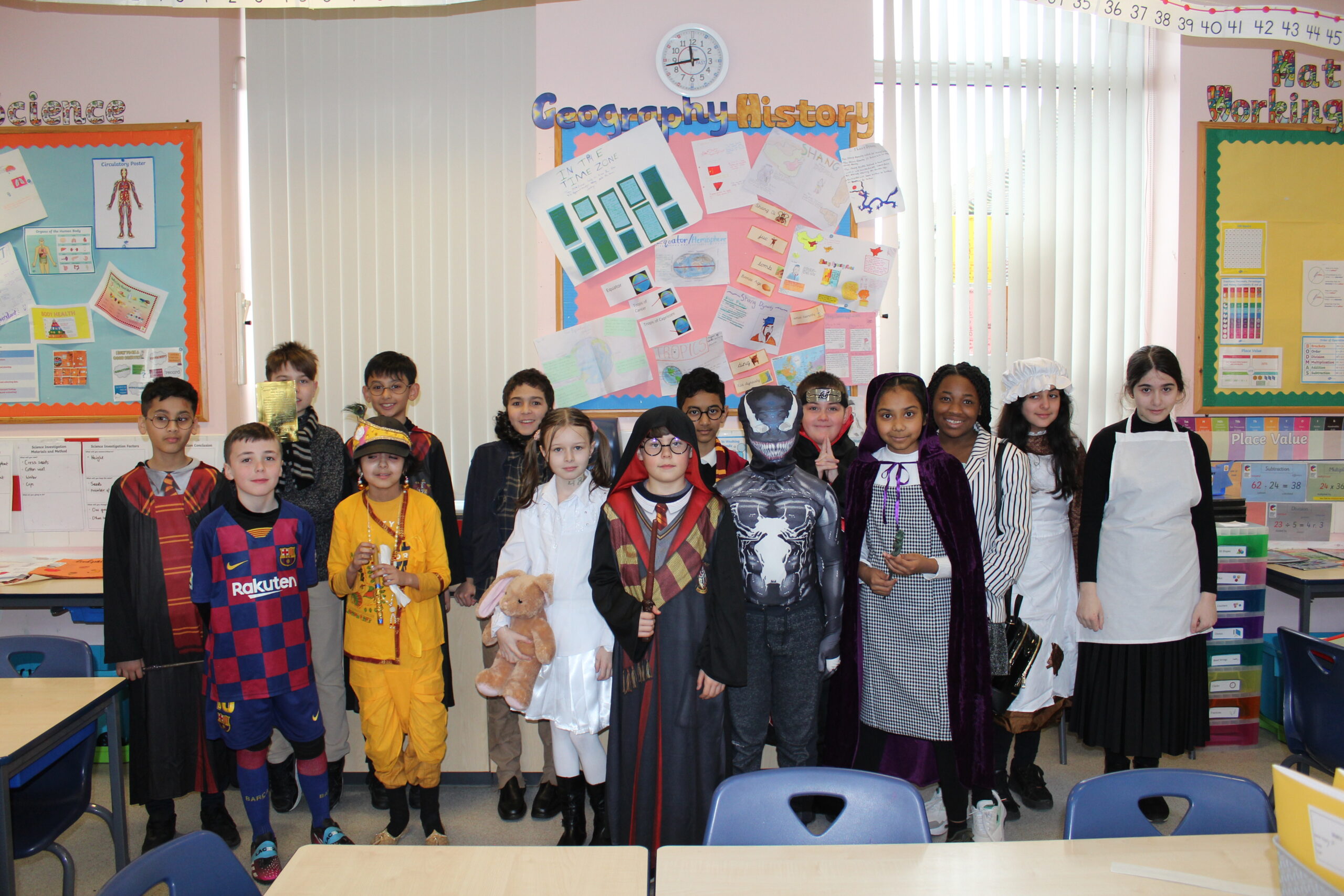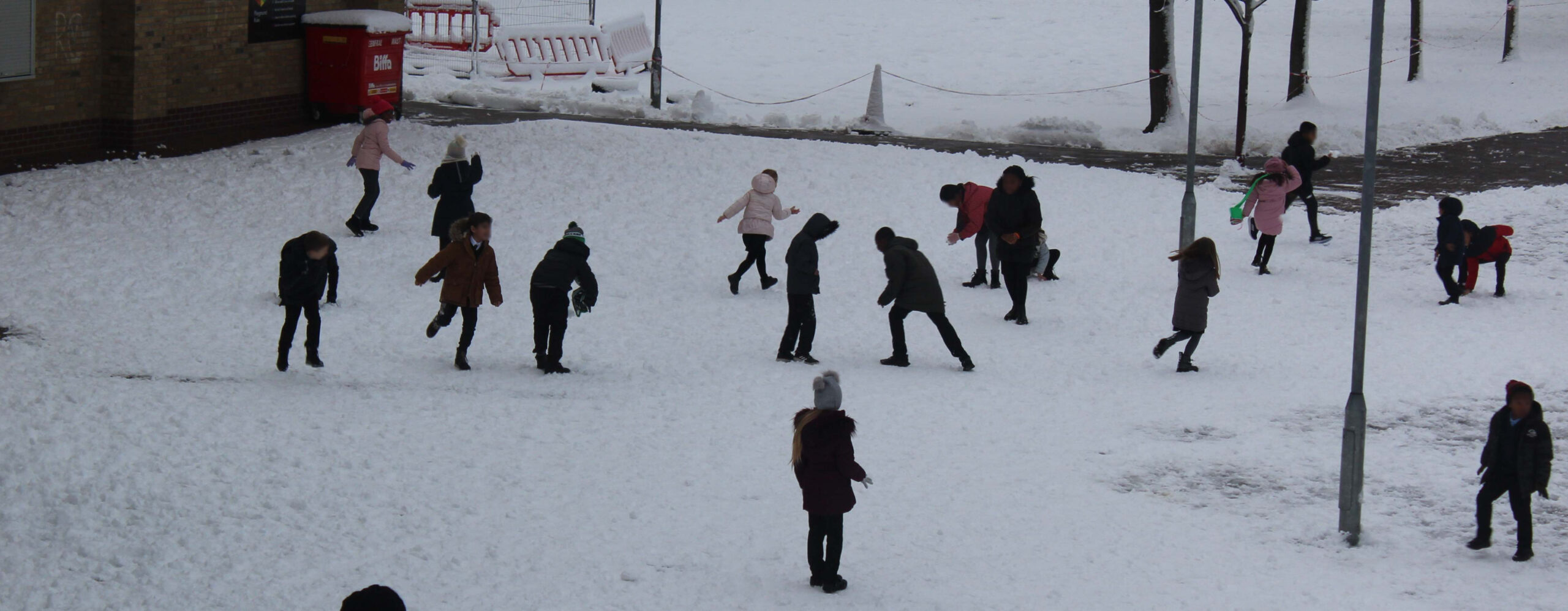At Eastbury Primary School we believe in participation and access for all. We support all children and families to participate in learning and we celebrate all members of our local community. We work towards creating an inclusive culture in our school where we are responsive to the diversity of children’s backgrounds, interests, experiences, knowledge and skills.
We value high quality teaching for all learners and actively monitor teaching and learning in the school to ensure we are providing this for all pupils. We aim to create a learning environment which is flexible, accessible and creative enough to meet the needs of all pupils within the school.
At Eastbury Primary School we follow the principles of inclusion as outlined in the ‘Code of Practice for Special Education Needs 2014’:
• To ensure all pupils are offered full access to a broad, balanced and relevant curriculum.
• All pupils will be given the opportunity to reach their full potential educationally, emotionally and physically.
• All teachers view themselves of teachers of pupils with special education needs, teaching such pupils is a whole school responsibility.
• All pupils with special education needs should have their needs met.
• Pupils special educational needs will normally be met in the mainstream classroom.
• Pupils views should be sought and taken into account.
• Parents/Carers have a vital role to play in supporting their child’s education and therefore good home-school links are established.
Ofsted recognises that ‘High aspirations and a focus on enabling children and young people to be as independent as possible, leads to the best achievement.
At Eastbury Primary School we take a multi-disciplinary approach to supporting any children with additional needs. Our children, families and staff have regular access to the following professionals:
Educational Phycologist with the colourful E to click on – takes you to the below information.
Educational Psychologists work in our school with children, teachers and parents to try to help children and young people get the best out of their time at school. Educational Phycologists use psychology to explore and understand all the different factors that might affect a pupil’s learning, behaviour and wellbeing, and to work out what will help each individual child.
An EP will support children at Eastbury in many different areas, including:
• Memory
• Learning
• Feelings
• Concentration
• Relationships
• Behaviour
When supporting a child, the following will take place:
• Spending time in the child’s class
• Talk and listen to the parent and child.
• Talk to people who know the child well.
• Complete assessments according to the child’s needs.
Before any work with a child is completed, permission from the parents is always requested.
Speech and Language Therapist with the colourful E to click on – takes you to the below information.
Speech and Language Therapists work in schools with children, teachers and parents to try to help children and young people make the most of their communication skills and to provide a positive communication environment. Eastbury has one external SALT working with the school and two members of staff within school, providing support for pupils identified.
Speech and Language Therapists support children at Eastbury Primary School in many different areas, including:
· Attention and listening
· Understanding of language
· Expressive language (vocabulary / grammar / sentence formation)
· Non-verbal language
· Articulation / speech sounds
· Social use of language
We work with children in a range of different ways including.
· Observing in class
· Completing assessment to find out more about a child’s needs
· Meeting with parents, teachers and teaching assistants to find out more about a child’s communication skills
· Set up one to one or small group interventions to develop a child’s skills
· Provide advice and training to teaching staff and parents
If you have any questions or concerns about your child communication skills, you can contact Mrs Sealy the school SENCO.
